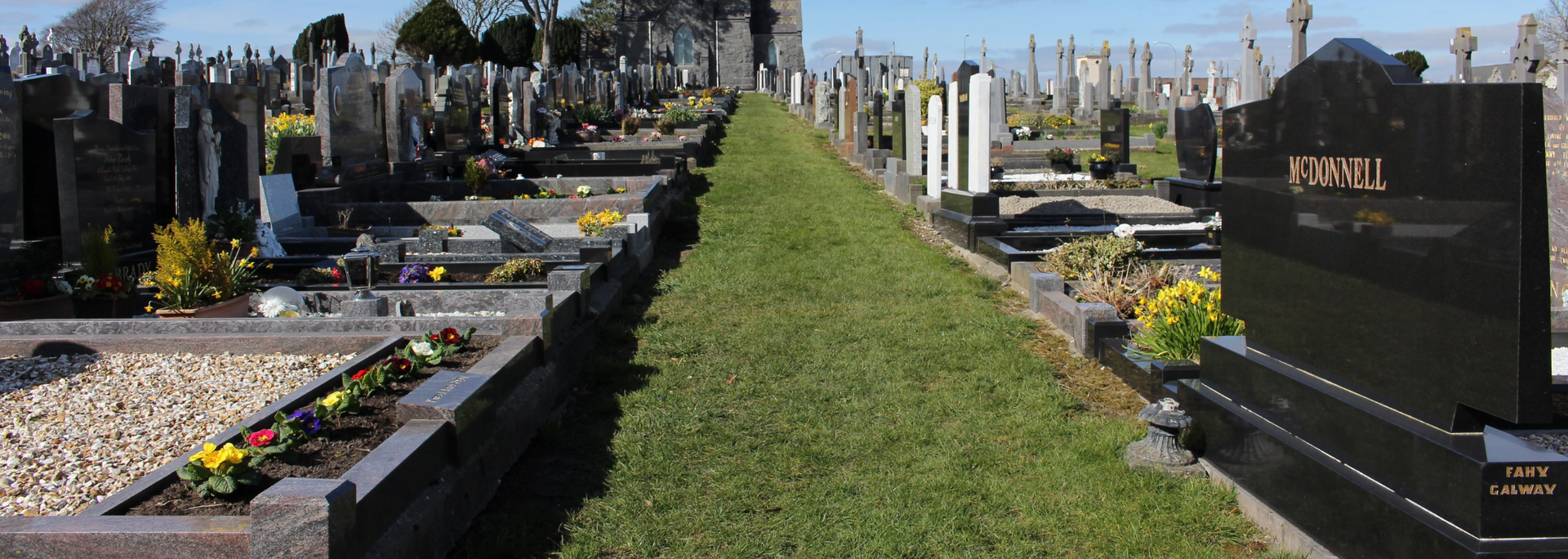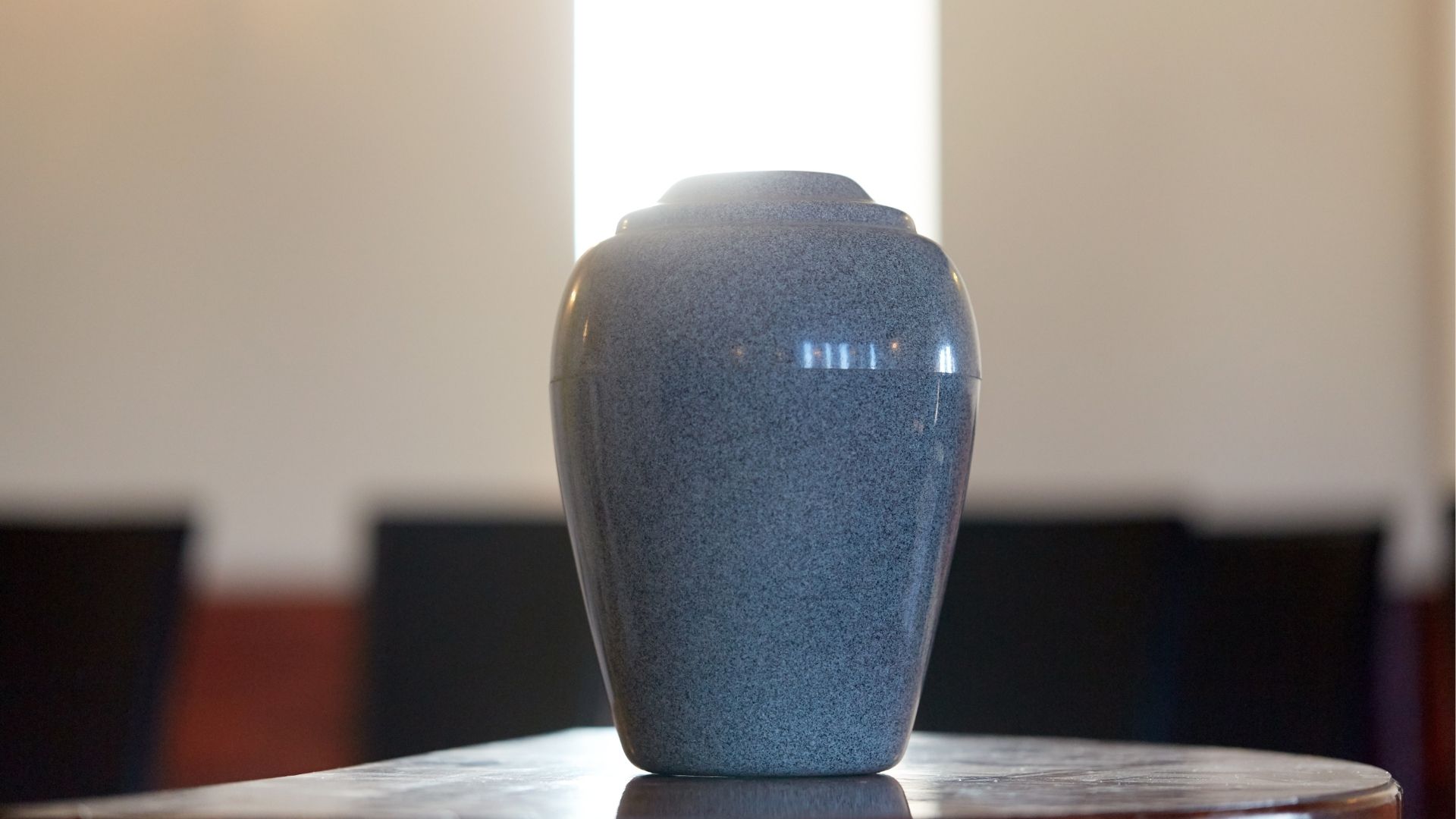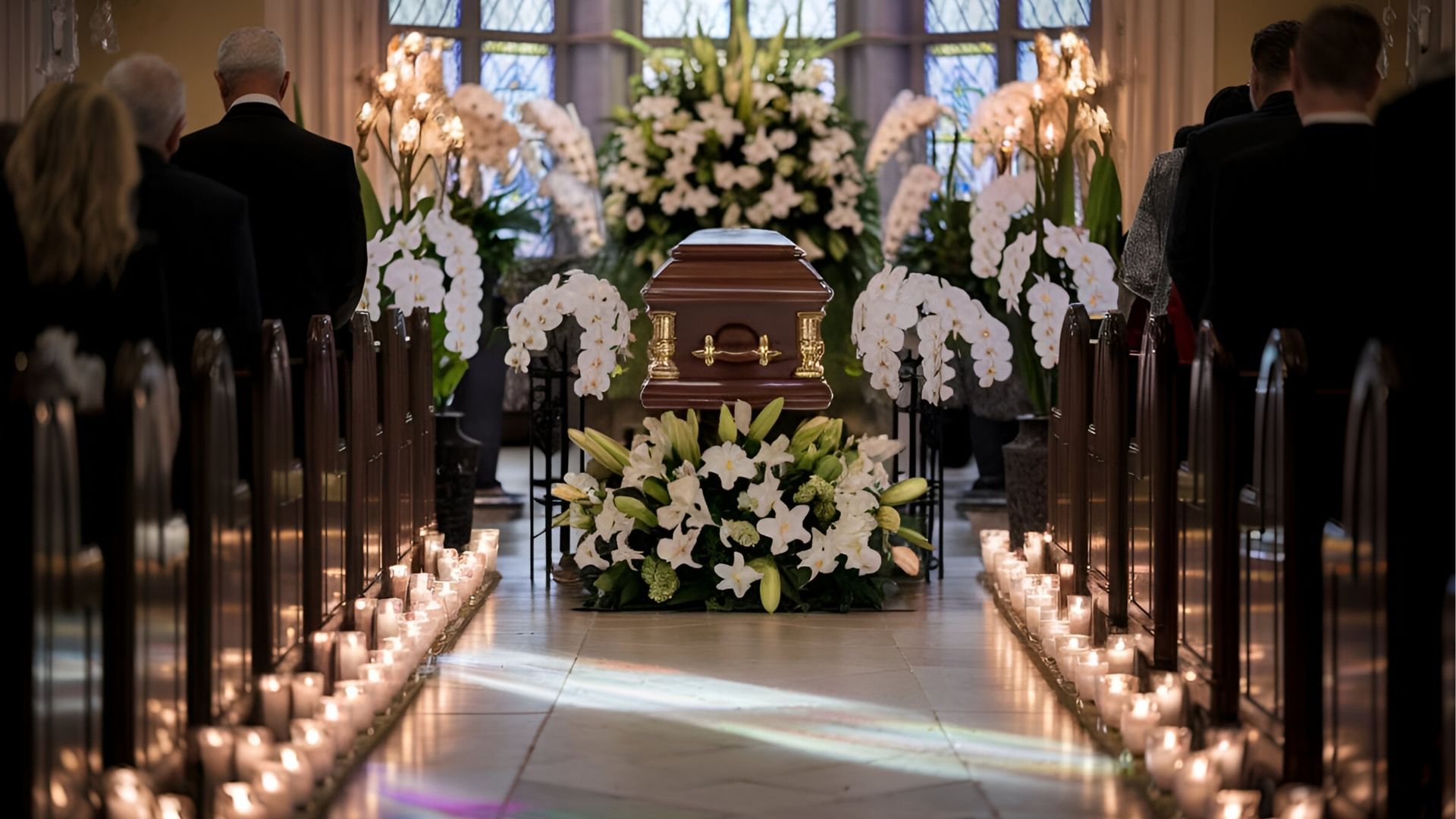Do you need permission to scatter ashes in the UK?
Many in the UK choose to scatter their loved one's ashes. But do you need permission? Find out in our guide.

In the UK, many people choose to scatter the ashes of their loved ones. Often, they do this in a location that meant a lot to the person who died. Sometimes, it's requested by the person who died, and sometimes family and friends decide.
However, it's not always obvious where ashes can and can't be scattered and when permission is needed. We've put together this guide to help you understand your options.
The basic rule is that you generally don't need permission to scatter ashes on your own land or over a body of water. However, you do need permission to scatter ashes on land that's publicly or privately owned.
Places where you can scatter ashes without permission
You can scatter ashes without permission on your own land. This could be your back garden (if you own your home), private farmland or any other land that belongs to you.
You can also scatter ashes over bodies of water without permission – so long as you have permission to be on the land.
When scattering ashes on water, you should make sure you're not close to a marina or fishery (a place where fish are caught). You should also make sure you're a kilometre or more upstream from a reservoir or water plant.
Places where you need permission to scatter ashes
If you're not the landowner, you must obtain permission before scattering ashes. This is true whether you're planning to scatter ashes on a public park, beach or property belonging to anyone else.
Obtaining permission is usually quite simple. Most councils, park trusts and charities, such as the National Trust, will allow you to scatter ashes. Often, the only requirement is that you agree to follow Environment Agency guidelines.
Some cemeteries, crematoriums and natural burial grounds have designated areas for scattering ashes. This isn't, however, a given, so make sure you check with the site authorities before going ahead.

If you own a cemetery plot, you can often scatter ashes on the grave or graves. Not all cemeteries allow this, however, so be sure to check in advance.
If you want to scatter ashes in a private location such as a sports ground, you should first check with management. This is because each venue will have its own policies and procedures.
As a rule of thumb, it's worth checking with the landowner if you want to scatter ashes on their land. This will help avoid bad feelings on a special day.
Other environmental considerations
In many situations, it's best to scatter ashes on a calm day. This will prevent the ashes from being blown into other people's properties and land. This is less of a concern in large, open spaces.
You may want to mark the spot where you scattered the ashes with a tree, bush or flowers. It's worth keeping in mind that human ashes have a high alkaline content. This can damage the soil and hinder plant growth. You can help prevent this by adding soil or compost to the ashes.
Aerial scattering of ashes
A recent development in the funeral industry is scattering ashes by drone. This enables mourners to access memorable and unique locations that are otherwise out of bounds.
The same rules apply to the aerial scattering of ashes as to traditional methods. You need to seek permission from the landowner if you want to scatter ashes on land you don't own.
Under
UK law, commercial drone pilots need to be accredited by the CAA (Civil Aviation Authority). There are also specific restrictions on where drones can be flown.
If this is an option you want to explore, it's advisable to go through a professional service provider. This will help you ensure that the ceremony is done in line with UK regulations.
Religious considerations
Different religions have different beliefs surrounding cremation and the scattering of ashes. This is by no means an exhaustive list, but it will hopefully give you an idea of the diversity of beliefs.

Jains, Hindus and Sikhs often scatter ashes over water – typically over a river or sea. This forms part of their funeral rites. Although these rites differ, these religions share the belief that the scattering of ashes symbolises the release of the soul.
These beliefs have led to the opening of specialised river sites for scattering ashes in the UK. These include a stretch of the River Soar in Leicester and Llandaff Rowing Club in Cardiff.
Muslims forbid cremation and the scattering of ashes. This prohibition is shared by Bahá'ís, Orthodox and Conservative Jews and Catholics. These faiths emphasise traditional burial practices. Reform Judaism, however, is more accepting of cremation.
General tips for scattering ashes
If you do decide to scatter the ashes of a loved one, you first of all need to be sure you have permission to do so. But there are some other things to keep in mind.
Some of it is common sense – scattering in a secluded place away from other people, for instance. Other tips reflect guidance laid out by the Environment Agency.
Many people use a special container to scatter ashes. This is sometimes known as a "scatter tube".
You should always be conscious of the environment. This means scattering ashes away from land where animals are grazing and areas of special conservation.
Where possible, you should avoid scattering ashes on busy days such as Bank Holidays. Whatever day you choose, you should find a quiet spot to scatter them.
You should also try to avoid windy days. If it's unexpectedly windy, you might want to find a more secluded spot.
If you scatter ashes from a cliff-top, make sure the coast is clear before scattering.
Finally, you should always seek permission from the landowner if you want to mark the place where you scattered ashes with a bench, plaque or plant.
AFD is a team of experienced
funeral directors in North London. For more advice and inspiration, read our
funeral planning guides.












